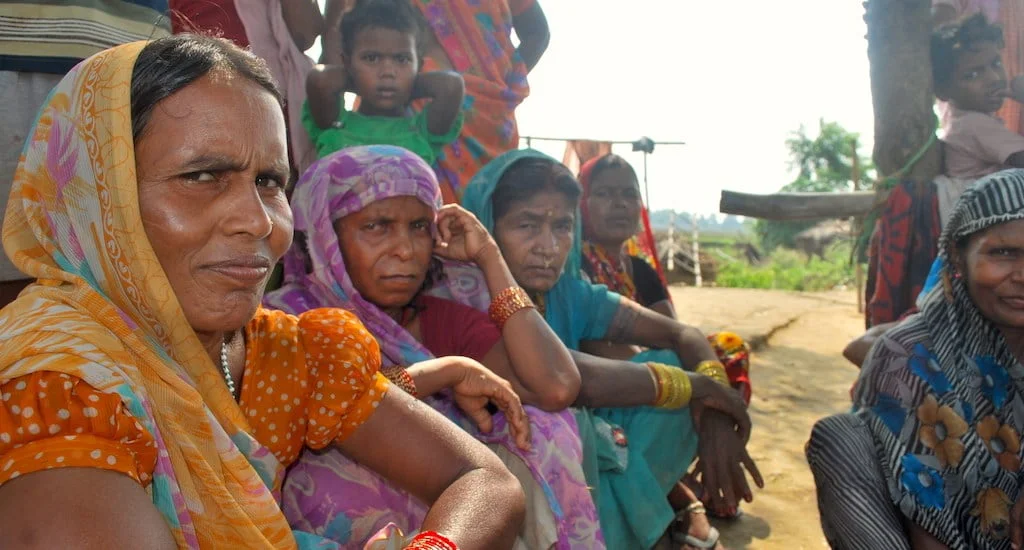When you grow up as the eldest child of a new generation in a joint family, the world somehow limits itself to the aged walls of your dilapidated family home and the boundaries defined by your amma (grandmother) and baba (grandfather). The rules of the game of life are an illusion, the ideas for the future are a fallacy and the definitions of love, freedom and death are contortions. You grow up with a false sense of pride, as you are allowed to be a ruthless child at home, but when you cross these boundaries, you enter an uncharted territory, where none of those 15 family members can help you be the same child among a bunch of strangers.
At home, you are always under vigilance but are never given acute attention that enables your behavioural and psychological growth. So you falter and stumble your way through life, holding your course books close to your heart, protecting yourself from the unknown until the day comes when amma is no more, and you are left rubbing her cold feet till her last breath leaves her body and she turns into a corpse – lifeless, dead in a matter of seconds. You witness the first-ever tear escaping baba’s left eye and you let a part of you die with her. The part that was, till now, ignorant and protected from the darkness and depths of misery that comes with being a human.
After several psychological blows and traumas, you have now developed some understanding of your unique upbringing by your family along with the positives and negatives of it.
What ensues is a thunderstorm of sweet melancholy and slow revelations over years, seamlessly ripping you off the false ideas that your guileless mind has accepted as universal truths. You are told that you look quiet, sombre, even sad whenever you meet your relatives. The truth is, you are just trying to adapt to this new world that you were kept away from; the family guarded you against all the ugliness, their love and fears obliterated their objective capacity to expose the children to danger in safe amounts.
After several psychological blows and traumas, you have now developed some understanding of your unique upbringing along with the positives and negatives of it. You were previously furious and even loathsome of your parents’ method of nurturing you and your younger brother, but it took some twenty-five years and the unsolicited yet powerful intervention of your overtly curious uncle for the four of you to sit down as a family in the living area, and dig the past to reveal mutual grievances, complaints and sorrows. You dreaded thinking about such a possibility given the obscene communication gap between you and them, but when it actually happened; you shed away your notions and fears just to be able to communicate, for this was a rare opportunity.
There was an overwhelming exchange of words, tears, rebukes, and guarded love in this four-hour-long discussion and when it ended, everyone dispersed to their respective rooms and slept a little better that night. You had always imagined having this conversation with them; telling them how they damaged you, gave you needless social and general anxiety, oppressed you, seized your freedom and left you in this uncaring world to fend for yourself and find your identity on your own without proper tools. But what you hadn’t imagined was their narrative; how you were an arrogant, demanding child, how they never really expected anything from you, except for you to be healthy, intelligent and happy, how they never even considered that their screams and rebukes were harmful in any conceivable way, for their heart was always in the right place.
Also read: Toxic Families: Beyond The “Ideal” Family
It turned out to be a balanced discussion, partly because your uncle took the role of a mediator, respectfully adding his perspective whenever things went south, but also because halfway through the process, all the parties understood the unspoken rules of a family discussion – mutual respect for the participants, objective analysis of their and others’ behaviours, keeping an open mind, ability to listen patiently without their egos messing their perceptions, and understanding and even accepting the possibility of being wrong. Most importantly, they never forgot that the idea was the communicate, not resolve. Resolution, they knew, would take time.
You had always imagined having this conversation with them; telling them how they damaged you, gave you needless social and general anxiety, oppressed you, seized your freedom and left you in this uncaring world to fend for yourself and find your identity on your own without proper tools.
The next day, everything came back to normal, but there was something new in the air – the awkwardness in silence was replaced by familial comfort. You felt like doing your work in the living area instead of your room. Your mother was preparing dinner, while you sat in front of your laptop, struggling to finish your latest project. This sharing of physical space was always a weird idea of comfort for you, but in the recent years, you had deliberately exposed yourself to isolation, just to get used to an alternate way of living – being alone but not feeling lonely.
Also read: Normalised Domestic Abuse And Stigmatised Mental Illness In My Family
Of course, that was a struggle in itself. But today, while you toiled as a 25-year-old in the vicinity of your mother, you were transported to the times when you were a child, ardently yet fearfully studying in the same room as her, just to assuage your unaddressed anxieties while she would iron dad’s clothes, not even giving you any special attention. And yet, it would work, giving you inexplicable inner strength and courage to keep studying, to keep going, for she was around and that somehow meant you were safe.
Featured Image Source: Open University
About the author(s)
Priyanka is an unfulfilled engineer and an MBA graduate from IIM Indore. She is a writer, interested in carving the world through her biased lens, painting pictures with heavy imagery and highlighting the mundane, often ignored, but essential aspects of life. Her latest project is The Mental Indian, an attempt to de-stigmatize mental health in India, through stories, perspectives and conversations.




